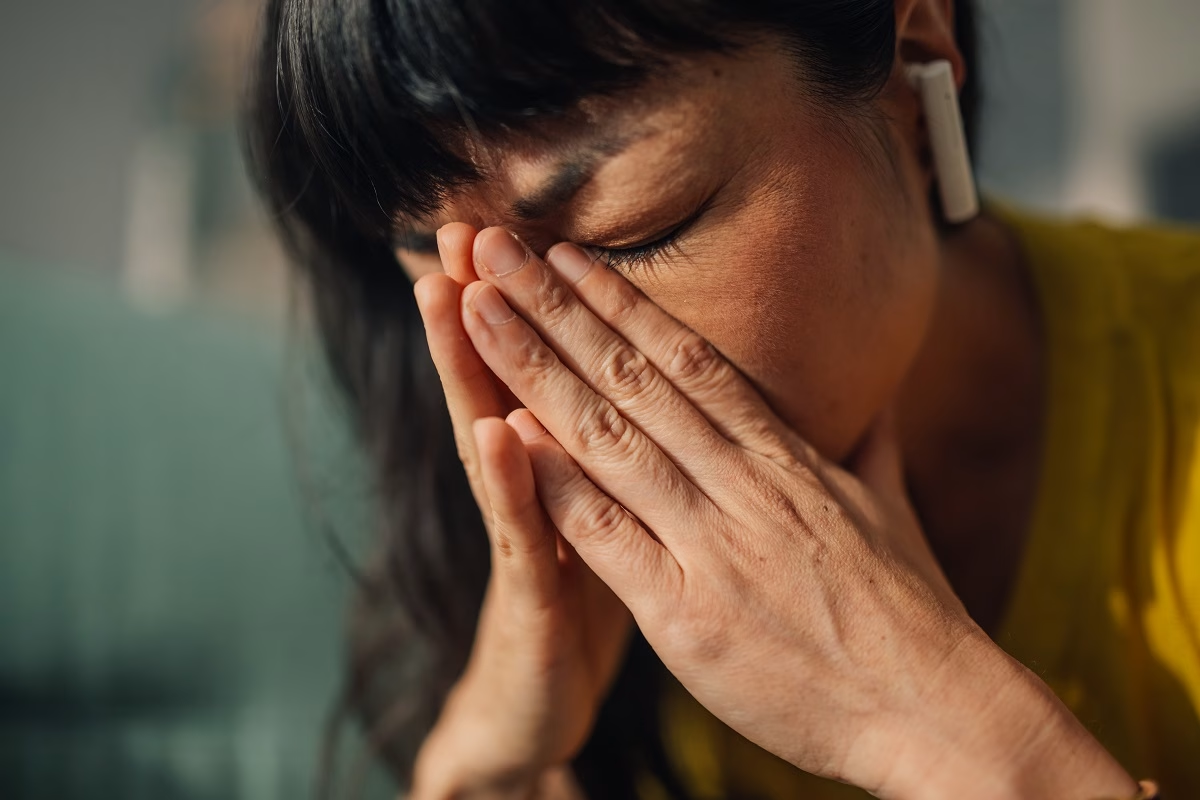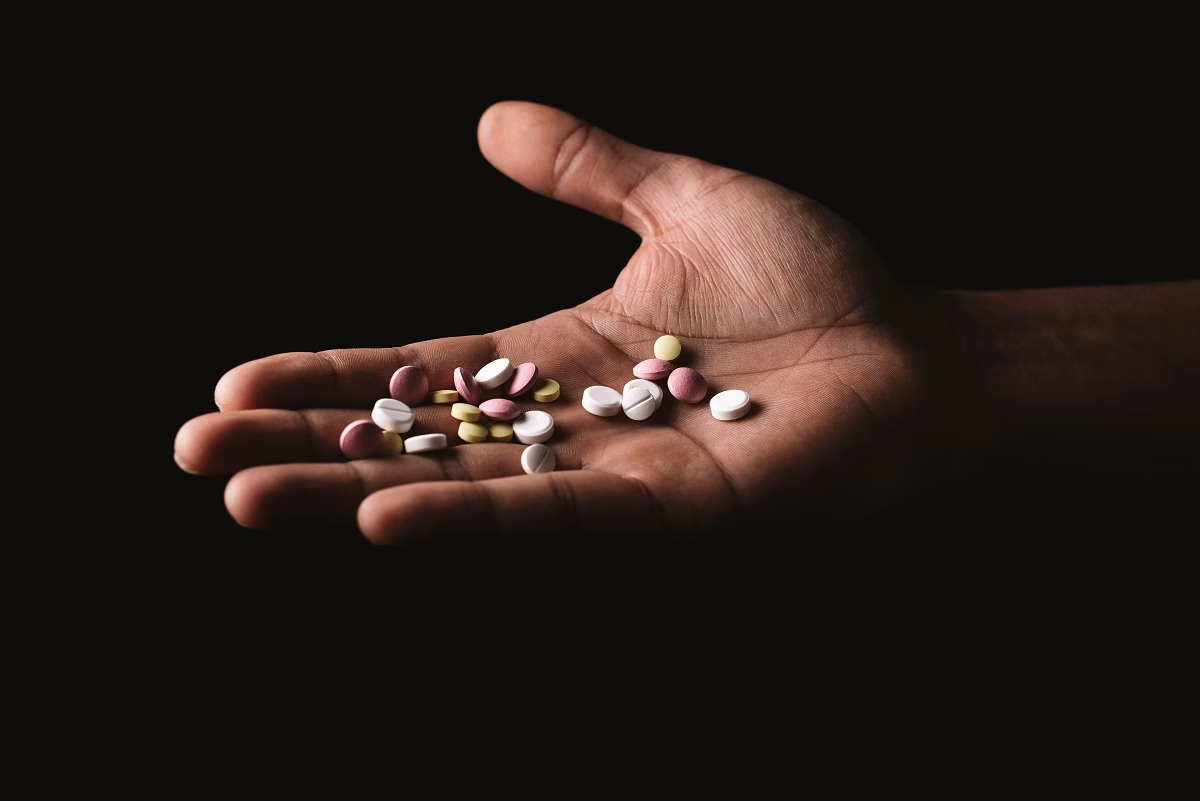A condition that causes severe emotional pain due to a failure or feeling rejected is called rejection-sensitive dysphoria (RSD). Usually, this disorder is linked to attention-deficit/hyperactivity disorder (ADHD), and healthcare providers suspect it occurs due to some differences in brain structures. It means the brain cannot regulate rejection-related emotions and behaviors, which makes them become more intense.
Moreover, RSD is not an officially recognized symptom or diagnosis, but healthcare professionals still use it in connection with other mental health problems. Generally, rejection is something that people usually do not like, and negative feelings with RSD can be difficult to control. Commonly, those who suffer from this condition can interpret vague interactions as rejection.
Rejection Sensitivity and Rejection Sensitive Dysphoria
While these conditions are strongly linked, there are some subtle differences. However, to understand them, it is important to know about a problem called emotional dysregulation.
Emotional Dysregulation
In normal cases, the brain has a network of connections between its areas. Each of these areas has its own job, including managing memories, emotions, input from your senses, and others. Thus, as a person gets older, the brain learns to regulate the signals, which help keep them at manageable levels. It occurs similarly to the volume control on a TV when it keeps the sound at comfortable levels.
Usually, emotional dysregulation occurs when the brain cannot properly regulate the signals associated with emotions. It means the emotions are too loud to manage, which often causes feelings of being overwhelmed, uncomfortable, and even in pain. In addition, emotional dysregulation may occur along with other health problems that negatively affect the brain structures that process information. The most common include personality disorders and mood disorders.
What is The Difference between Emotional Dysregulation and Rejection Sensitivity?
Usually, emotional dysregulation occurs with both rejection sensitivity and RSD, but dysphoria does not. Check below some things that people with rejection sensitivity can do:
- Severe anxiety or other negative emotions
- Difficulty seeing negative interactions (including vague or neutral reactions) as rejection
- Overreaction to feelings of rejection, which often leads to anger, rage, extreme sadness, and severe anxiety
In addition, people with RSD often describe an intense and even overwhelming level of emotional pain.
Symptoms
The main symptom of RSD is intense emotional pain that is triggered by rejection or disapproval. However, those who develop this condition may show other traits and behaviors. These include:
- Easily become embarrassed or self-conscious
- Low self-esteem and difficulty believing in themselves
- Trouble containing emotions when they feel rejected (often noticed in children and teenagers). Sometimes, they may react with sudden episodes of rage or anger.
- In some cases, people with RSD turn the feelings inward, which looks similar to a snap onset of severe depression. In some cases, it can be mistaken for sudden emotional shifts that often occur in people with borderline personality disorder and bipolar disorder.
- Intense focus on avoiding the disapproval of other people
- Avoiding starting projects, goals, or tasks where they can fail
- People with RSD may also compensate for failure or rejection by striving for perfectionism
If you notice that a loved one experiences any of the previous symptoms, immediately contact a healthcare professional.
Causes
Healthcare professionals do not fully understand why RSD happens. However, they think problems with the brain structures and genetic predisposition could play a role. Moreover, physicians have identified that RSD occurs due to similar reasons as ADHD.
However, researchers know that social rejection, even if it is uncertain and vague, causes similar brain activity to pain. Moreover, they also know that the brain of a person with ADHD does not regulate internal communication the same way as someone without this disorder.
People with ADHD have trouble processing information from their senses because of differences in regulating internal communication. Moreover, it may also make you more likely to feel overwhelmed due to loud noises, bright lights, or sudden changes in what is happening around you.
Genetics
While ADHD has a genetic component that often runs in families, RSD, which has a strong connection to ADHD, may also have a genetic link.
Risk Factors
There are certain factors that may increase your risk of developing rejection-sensitive dysphoria. Check below some examples:
- Emotional dysregulation
- Attention-deficit/hyperactivity disorder (ADHD)
- Family history of ADHD, mood disorders, or high emotional sensitivity
- Childhood trauma (such as rejection, abuse, or neglect)
- Social exclusion
- Unsupportive or critical environments
- Anxiety
- Depression
- Borderline personality disorder
- Post-traumatic stress disorder (PTSD)
This article does not contain all possible factors that may increase your risk of developing RSD. For more details, discuss it with your doctor.
How to Prevent Rejection Sensitive Dysphoria?
There is no way to prevent this condition because it occurs for unpredictable reasons that experts cannot understand. That’s why there is no way to reduce the risk or prevent RSD.
Diagnosis
While it is not officially recognized as a disorder, there is some scientific research available. Hence, doctors do not have a great deal of experience with it. Sometimes, a mental health professional may suspect ADHD based on your symptoms. However, RSD is often misdiagnosed or mistaken for other disorders.
Treatment
In general, there is no specific treatment for this condition, but there are experts who can treat it. They often use a combination of treatments to reduce the symptoms and improve your quality of life. Check below some treatments often recommended for people with RSD:
Medicines
This is the primary treatment for RSD. Doctors usually prescribe medicines that are primarily used to treat ADHD because RSD affects the same part of the brain. They may also recommend medicines used for other mental conditions that impact the same areas of the brain.
In general, there are no medicines specifically approved to treat it because it is not recognized as a disorder. That’s why physicians practice off-label prescribing. It means doctors prescribe medicines that are not approved for RSD treatment. Moreover, this practice is legal and medically acceptable because evidences show a specific medicine does not cause severe adverse reactions and it is effective for off-label use. Check below some medicines that are usually recommended by doctors for people with RSD:
- Alpha-2 receptor agonists – This group of medicines is used to activate some chemical receptors on neurons. It helps the brain to regulate internal communication and reduce the effects of RSD. Doctors often recommend Clonidine and Guanfacine.
- Stimulant medicines – These medicines are used to increase the level of some neurotransmitters in the brain. Generally, these neurotransmitters help the brain communicate and control certain processes. Stimulants help the brain regulate communication. Usually, physicians prescribe Amphetamine/Dextroamphetamine and Methylphenidate.
- Monoamine oxidase inhibitors (MAOIs) – The following medicines are primarily used to treat depression. However, some of them can help treat RSD (such as Tranylcypromine). It is very important to make dietary changes to avoid interactions with MAOIs. You should avoid aged or strong cheeses, aged meats, and others.
Psychotherapy
This treatment is used to teach the affected person how to process and manage feelings. However, it does not help stop the symptoms or cure the condition.
Frequently Asked Questions
How soon after treatment will I feel better?
Usually, the recovery time from this condition differs among people because it depends on several factors. For example, the severity of the condition, age, existing health conditions, your response to treatment, and others. Consult with your doctor for more details.
When should I go to the ER?
Immediately call 911 or go to the nearest emergency room if any of the following symptoms occur. For example, thoughts about harming yourself or other people, and suicidal thoughts or behavior.
What trauma causes rejection sensitivity?
There are some things that can trigger RSD symptoms. These include lies, cheats, abuse, and neglect. Ask your healthcare provider if you have any other questions.




